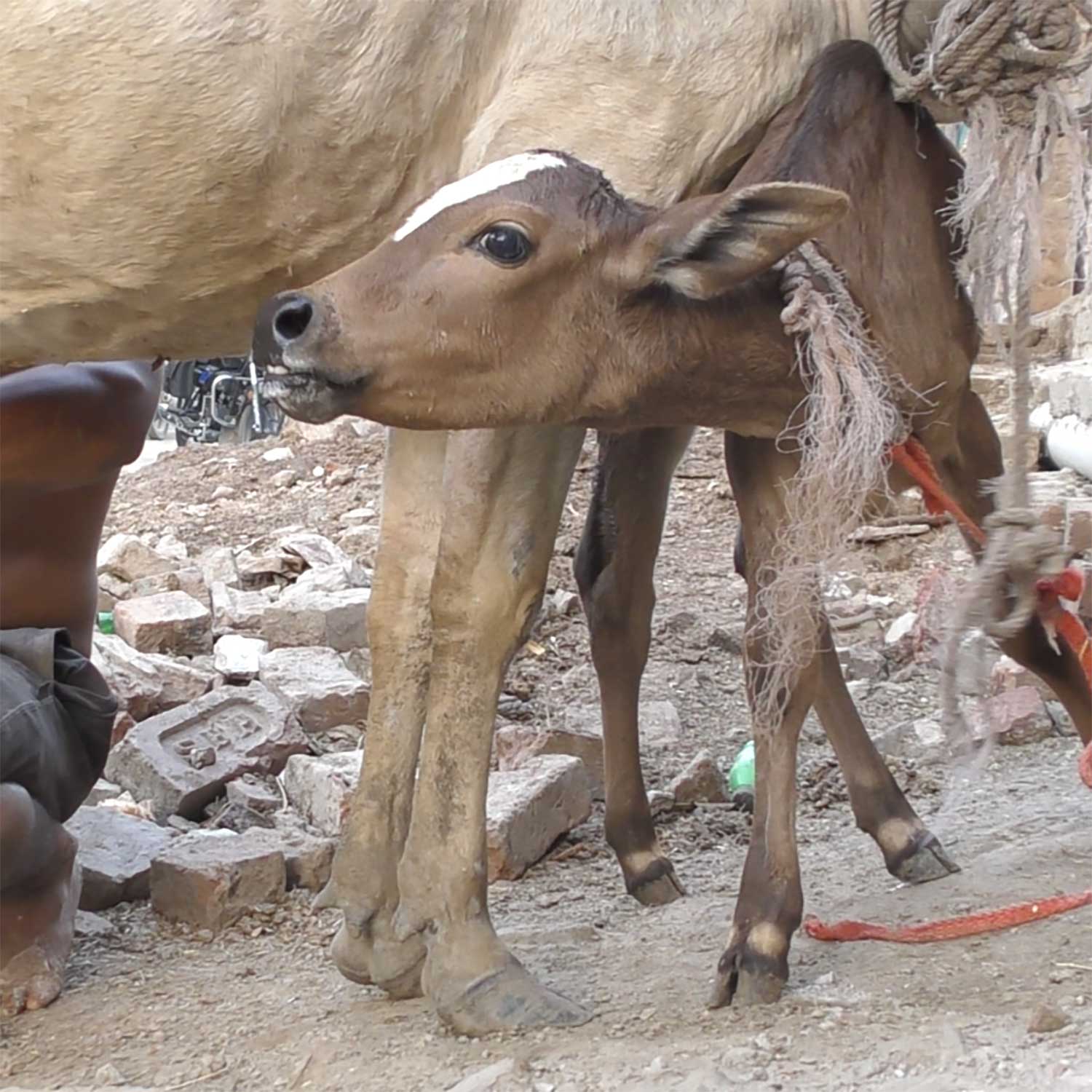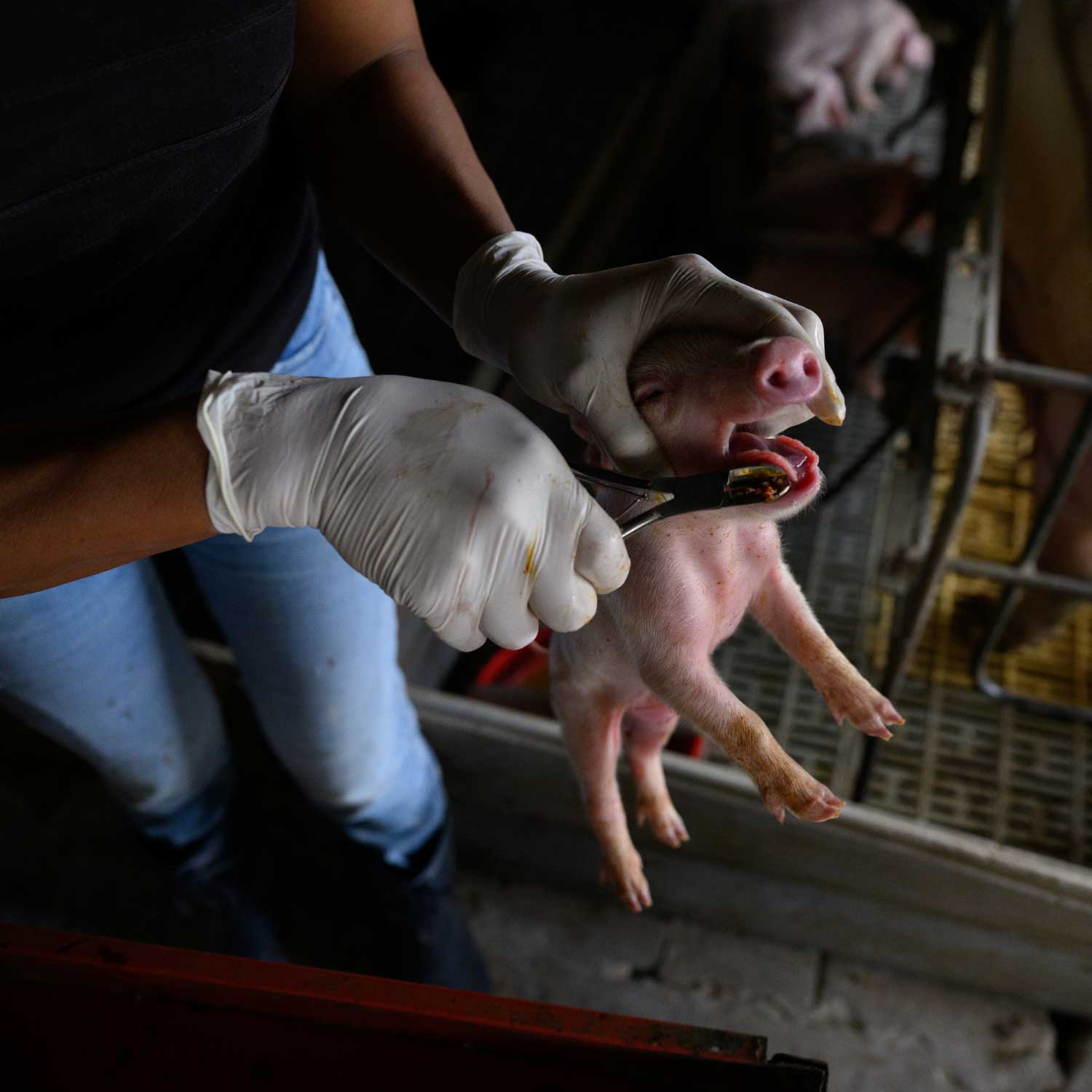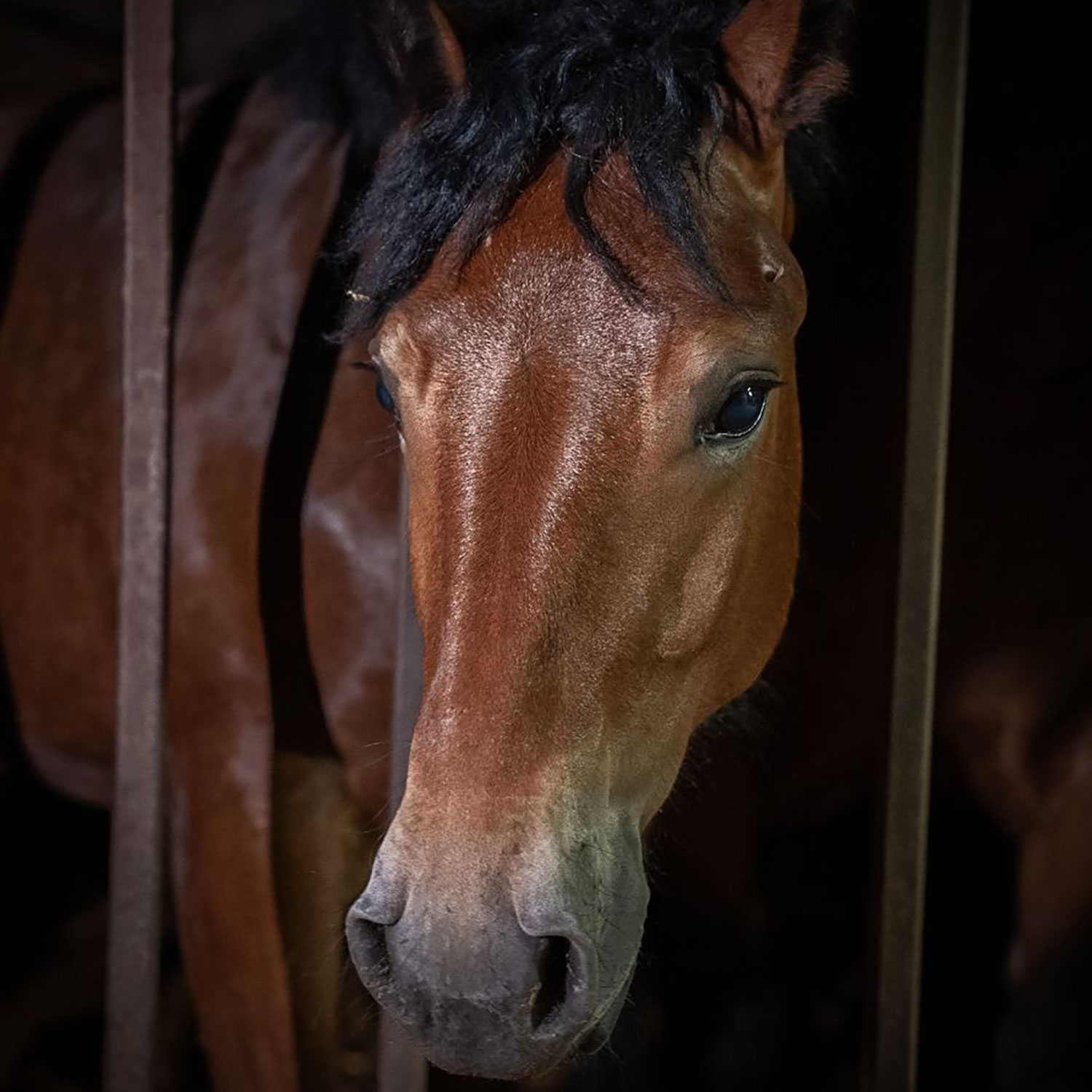Investigation: Wet markets in China continue to operate
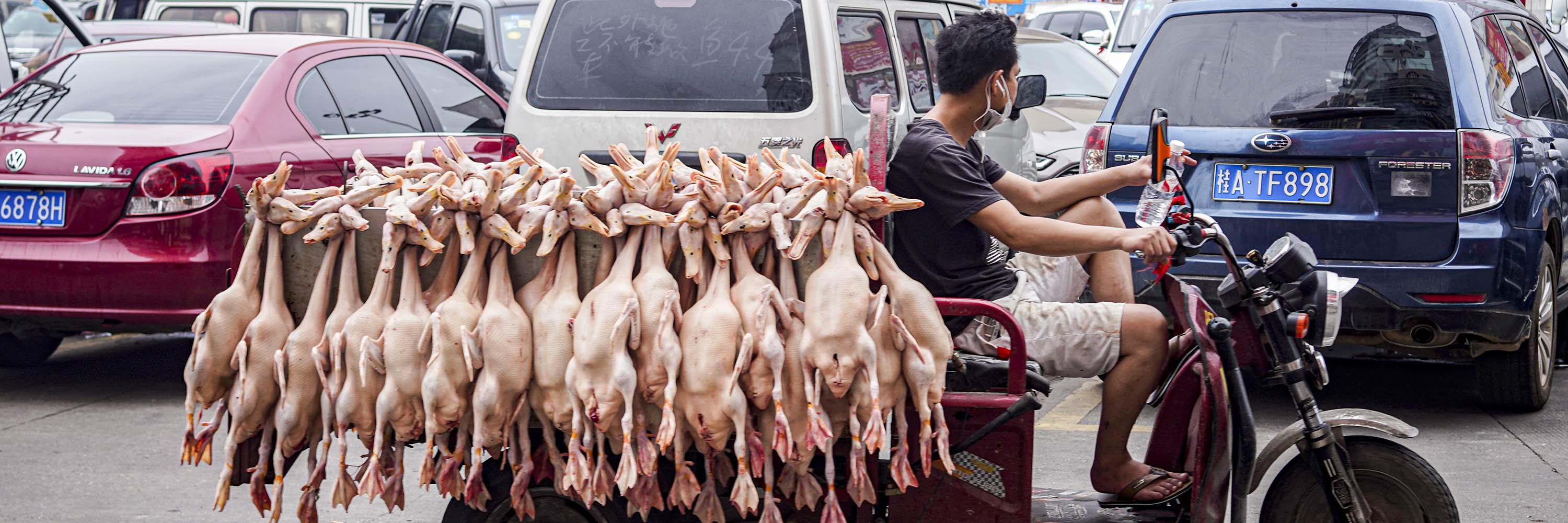
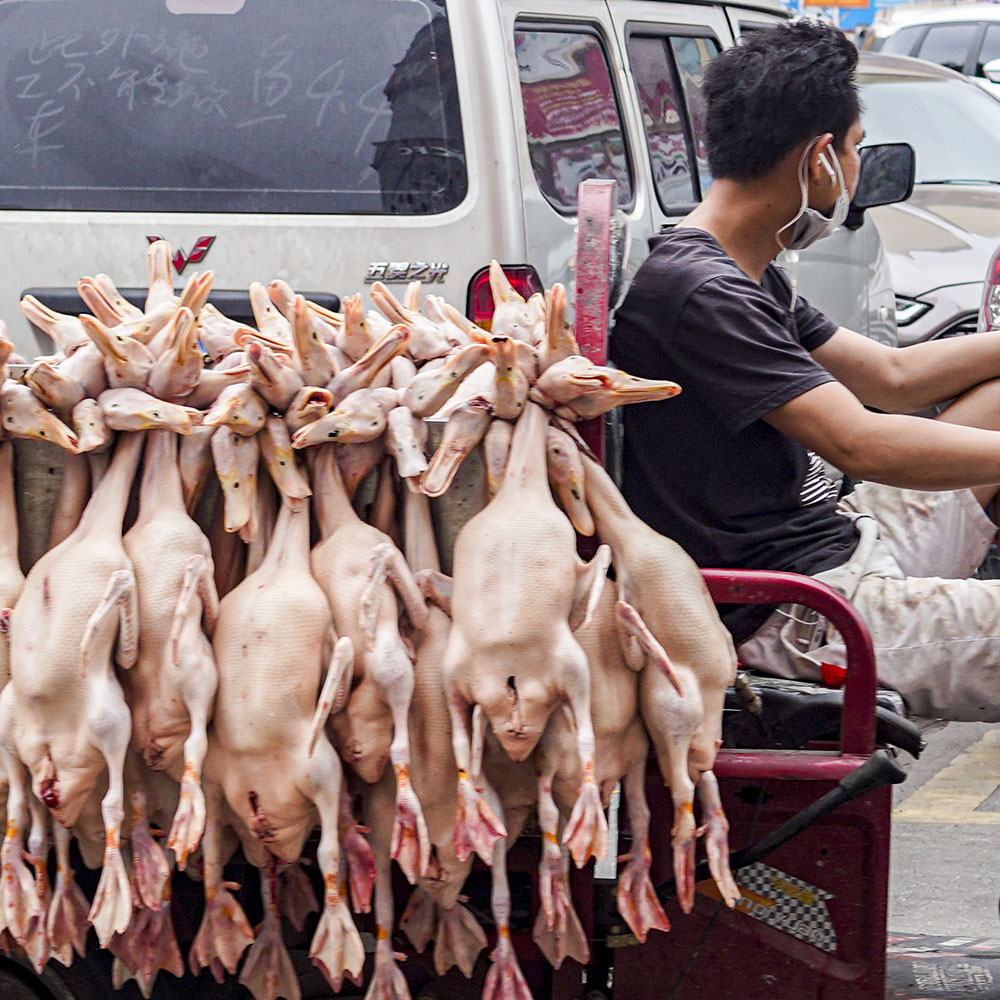
Nine months after the World Health Organization declared COVID-19 a pandemic, Animal Equality investigators found that China’s wet markets are still in operation. They are frequented by customers looking for freshly-killed animals.
With the help of local activists, investigators filmed markets in the Chinese cities of Wuhan, Guangzhou, Dongguan, Guilin, Nanning, and Liuzhou in May 2020. The footage shows workers selling turtles, frogs, ducks, geese, pigeons, and other animals who would never live together in nature.
Experts believe confining animals from different species together increases the risk of animal-borne diseases being transmitted to humans.
Research consistently warns that the abusive and unhygienic handling of animals leads to the deterioration of their immune systems, increasing their risk for disease. The Centers for Disease Control and Prevention note that 75% of all new or emerging diseases in humans come from other animals.
The next pandemic could be similar to that of COVID-19 or SARS. Both are zoonotic diseases that spread in wet markets where humans are in close contact with animals during slaughter.
The risk posed by wet and live animal markets is undeniable. Unfortunately, wet markets are still operating despite media reports and government statements claiming otherwise. As these markets are a direct threat to human health and safety, as well as extremely cruel towards animals. It was our obligation to show the world that these markets are still in business and, as such, are increasing the likelihood that another virus like COVID-19 could emerge.
Sharon Núñez, President of Animal Equality
This is not the first time that Animal Equality has infiltrated wet markets in Asia. Since 2012, we’ve released shocking images of wet markets in Vietnam, India, and China. Investigators documented extreme neglect, animal cruelty, and unsanitary conditions.
The exclusive footage was seen by millions around the world and was featured by influential media outlets, such as CBS’ 60 Minutes.
How You Can Denounce Wet Markets:
Wet markets are not only cruel to animals, but they also pose a substantial risk to human health and safety. That’s why we’re campaigning against them. Will you join us in seeking the immediate closure of these markets? Please, share this petition with your friends and family.
To protect animals from abuse – whether dogs, cats, pigs, cows, or chickens – you can also replace animal products with healthy and satisfying plant-based alternatives.
Simply head over to Love Veg, you’ll have full access to a library of free resources to help you get started.
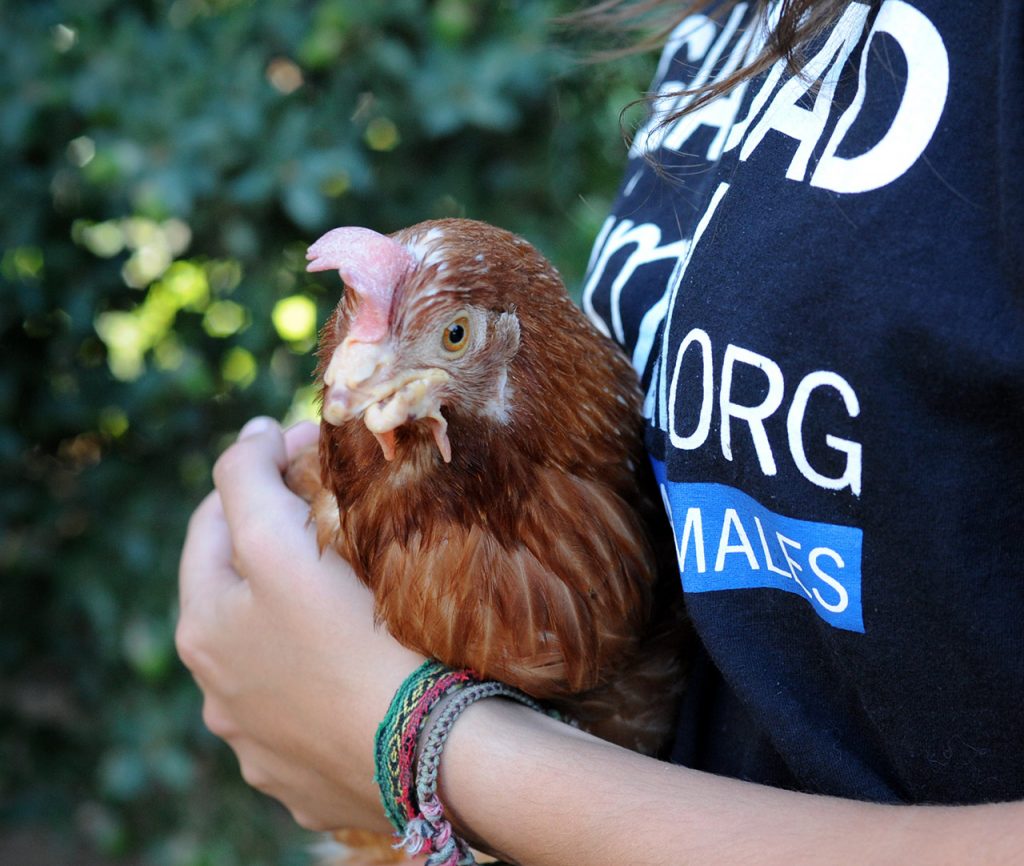
LIVE KINDLY
With rich emotional lives and unbreakable family bonds, farmed animals deserve to be protected.
You can build a kinder world by replacing animal food products with plant‑based ones.
- Investigation Into Cruel and Dangerous Wet Markets in Asia
- Influential Activists Expose Dangers of Wet Markets and Eating Animals
- U.S. Congressional Leaders Call For a Global Ban on Wildlife Markets and Trade

